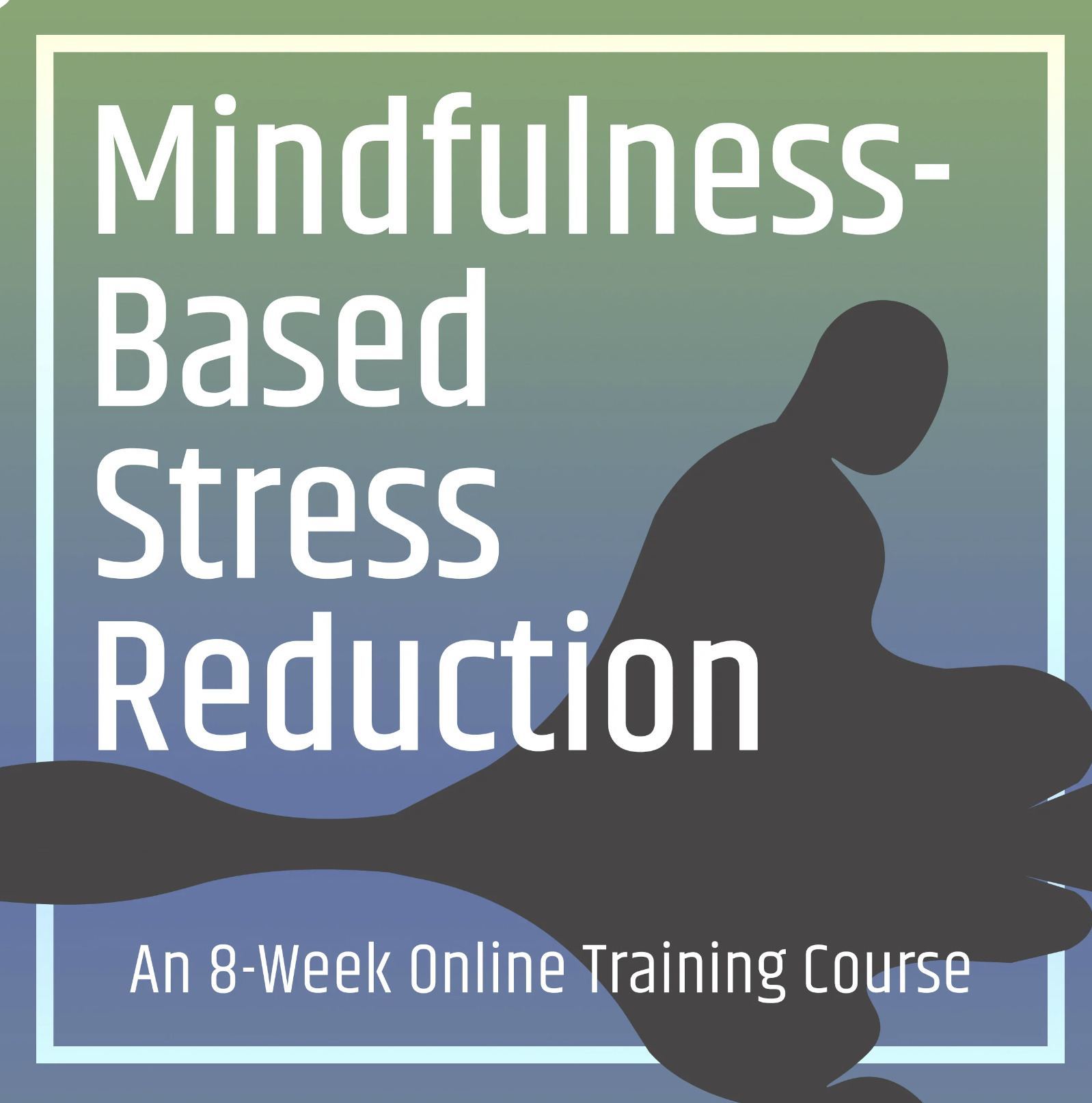PLUS: Drug makers are turning cartwheels over the “positive impact” of COVID-related depression on their sales potential
SHOTS HEALTH NEWS – If you’re suffering from anxiety, those negative thoughts and bad feelings can overwhelm you and interfere with your daily life.
And while there are effective treatments, some people don’t want to take medicine or see a therapist – or don’t respond well to such treatments. Now, there’s new evidence supporting another option.
For the first time, scientists compared patients who took an intensive eight-week mindfulness meditation program to patients who took escitalopram, the generic name of the widely-prescribed and well-studied anxiety drug Lexapro. They found that both interventions worked equally well in reducing debilitating anxiety symptoms.
But don’t throw out the pills just yet. There’s a few caveats to run through.
The meditation vs. medication study was published in JAMA Psychiatry on Wednesday, and the research began long before the COVID-19 pandemic struck, when the study could still be conducted in person.
The global antidepressant drugs market size was valued at $15.6 billion in 2020, and is projected to reach $21 billion by 2030. – Source: Allied Market Research
Elizabeth Hoge, director of the Anxiety Disorders Research Program at Georgetown University Medical Center, and other researchers wanted to find out whether mindfulness could work as well as the drugs.
They took 276 adults diagnosed with untreated anxiety disorders such as generalized anxiety, panic disorder, or social anxiety and split them into two randomized groups.
One group received a 10 to 20 mg daily dose of Lexapro – a standard beginning dose.
The other half was assigned to weekly two-and-a-half hour mindfulness classes at a local clinic, 45 minutes of daily meditation homework for eight weeks, as well as a day-long retreat weekend class around week five or six.
The meditation course was called Mindfulness-Based Stress Reduction, or MBSR, an approach developed more than 40 years ago by Jon Kabat-Zinn and based on the principles of meditation established in Buddhist vipassana meditation.
It teaches students to focus on the breath and direct attention to one body part at a time …
Drug makers are turning cartwheels over the “positive impact” of COVID-related depression on their sales potential:
“The COVID-19 outbreak is anticipated to have a positive impact on growth of the global antidepressant drugs market. The COVID-19 pandemic has stressed healthcare systems in the world and increased the need for advanced hospitals. Implementation of the spread of COVID-19 infection increased the fear of social isolation, and loneliness, which is the main reason for major depressive disorders.
Source: Allied Market Research
What Are the Side Effects of Antidepressants?
Written by Rachel Reiff Ellis | Medically Reviewed by Melinda Ratini, DO, MS on November 05, 2021
WEBMD – Antidepressants can bring relief from many symptoms of depression. But side effects are often part of the package. Some aren’t fun to deal with. Others you can manage. In rare cases, they can be serious and your doctor may need to switch your medication.
Everyone reacts to medicines differently, but some side effects are typical. These include:
- Nausea
- Weight gain
- Lower sex drive
- Tiredness
- Trouble sleeping
- Dry mouth
- Blurred vision
- Constipation
- Dizziness
- Anxiety
You may have many, a few, or none of these … READ MORE



